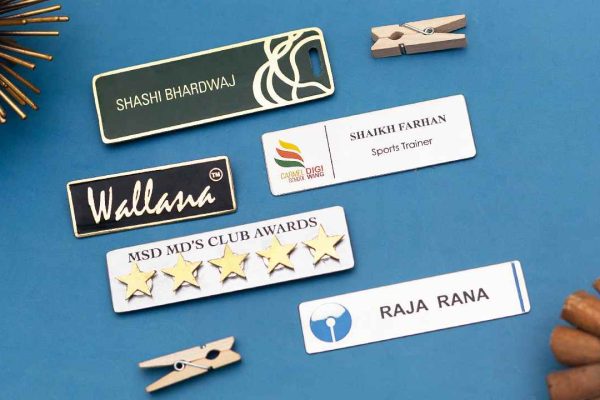In the realm of sports, particularly in the context of team dynamics and achievements, building a culture of excellence is an art that requires strategic prowess. It’s not just about the Xs and Os on the field; it’s about fostering an environment where every individual is driven to perform their best and where success is not a fleeting moment but a consistent journey. This is where the role of a success coach and effective coaching techniques come into play.
Coaching is not just about directing plays or refining skills; it’s about molding a team’s mentality, attitude, and work ethic. The nuanced coaching techniques of today go beyond the surface, delving into the psychological and emotional aspects of athletes. A success coach understands that building a culture of excellence isn’t a quick fix; it’s a marathon requiring patience, dedication, and innovative strategies.
At the heart of every successful team lies a coach who doesn’t just impart knowledge but instills a winning mindset. The term “success coach” goes beyond wins and losses; it encompasses the journey toward long-term achievement. It’s about cultivating a mindset where the pursuit of excellence becomes intrinsic. Success coaches recognize that the foundation of a winning culture starts with a collective commitment to growth and development.
Effective coaching techniques inculcate a sense of ownership within the team. A successful coach encourages players to take responsibility for their progress and the team’s performance. This empowerment fosters a strong bond among team members; they become invested not only in their success but also in the success of their peers. This unity is the bedrock of a culture of excellence, where individual achievements harmonize with team victories.
A crucial aspect of a success coach’s role is nurturing a growth mindset. This involves teaching athletes that challenges are opportunities, setbacks are stepping stones, and failures are lessons. By embracing failures as part of the journey, athletes develop resilience and a hunger for improvement. This mindset shift is a powerful coaching technique that propels teams toward long-term success as they continuously strive for excellence despite obstacles.
In the pursuit of a culture of excellence, communication is key. A success coach masterfully employs coaching techniques that encourage open dialogue, active listening, and constructive feedback. This facilitates a transparent environment where players can voice their concerns, share their insights, and collaborate to refine strategies.
It is important to realize that the goal is not to succeed once but to make winning a habit and any other outcome, an exception. Long-term success isn’t a destination; it’s a series of milestones achieved through consistent effort and continuous improvement. A success coach recognizes that the journey requires adaptability. They implement innovative coaching techniques that evolve with the changing dynamics of the game, technology, and team demographics. This adaptability ensures that the pursuit of excellence remains relevant and effective, regardless of external shifts.
In conclusion, the art of building a culture of excellence relies heavily on the skillful use of coaching techniques by a dedicated success coach. It’s about fostering a winning mindset, nurturing growth, promoting unity, and maintaining open communication. A culture of excellence is a testament to a coach’s ability to guide a team toward long-term success by not just focusing on the tactical aspects of the game but also on the holistic development of each athlete.
As you witness teams achieving greatness on and off the field, remember that behind their triumphs is a success coach who understands the nuances of effective coaching techniques. They orchestrate a symphony of growth, resilience, and determination that resonates not just in the final score but in the hearts and minds of every player who embraces the culture of excellence.





